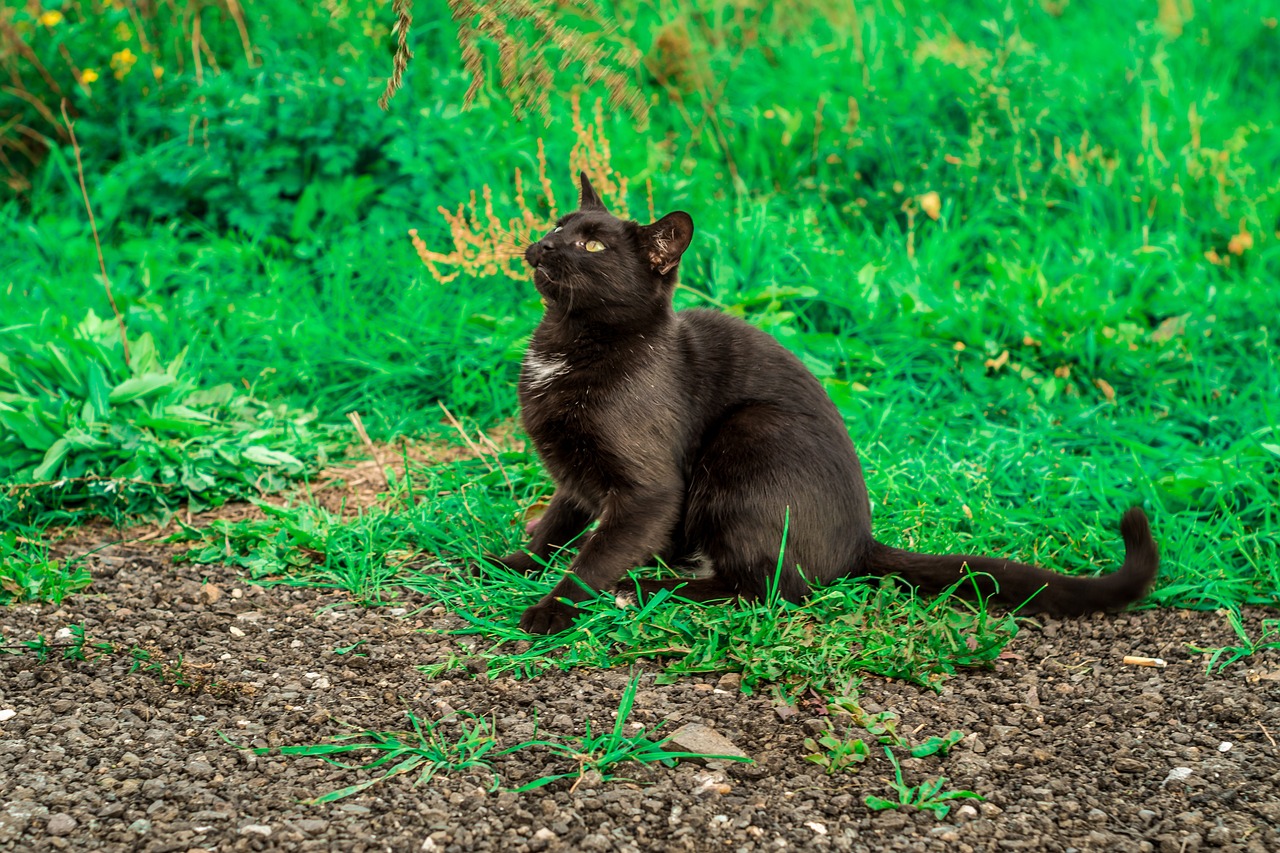Change language:
Is your luck running out? These Hungarian superstitions could change everything!

Superstitions have long been woven into the fabric of Hungarian folk culture, passed down through generations as a way to explain life’s uncertainties or influence the future. These beliefs often originated in ancient practices where people used symbols, rituals, and alleged magical acts to protect themselves against the unknown and the forces of nature. While modern science has debunked many of these notions, superstitions still linger, influencing daily life either as playful traditions or deeply rooted beliefs.
Hungary’s superstitions are impressively diverse, with some enduring to this day. Take the age-old concern over a black cat crossing your path—widely seen as a harbinger of bad luck, though others argue its meaning depends on the cat’s direction. Breaking a mirror is said to curse you with seven years of misfortune, though folklore suggests you can dodge the hex by burying the shards. Spilling salt? That’s thought to spark a quarrel, but tossing a pinch of salt over your shoulder supposedly wards off the bad vibes.

The well-known superstitions
One well-loved superstition involves wallets: gifting an empty wallet is believed to invite financial troubles, so tradition insists you tuck in a coin to symbolise future prosperity. Meanwhile, hanging a horseshoe over a door is said to shield the home and bring good fortune, and spotting a rare four-leaf clover promises a run of good luck.
New Year’s Eve and New Year’s Day hold special significance for Hungarian superstitions, brimming with rituals to ensure a lucky year ahead. Eating lentils on 1st January is a tradition for many families, as the legumes are symbols of abundance and wealth. Conversely, chicken and fish are typically avoided—chickens are said to “scratch away” your luck, while fish may “swallow” it. Spiders, however, enjoy a rare moment of favour; encountering one on New Year’s Day is seen as a sign of incoming wealth or an unexpected guest.
Hungarian beliefs often centre around everyday situations and objects. For instance, wearing clothes inside out is seen as a quirky sign of good fortune. Doorways and thresholds also carry a wealth of superstition; turning back after leaving the house is considered unlucky, so many people will sit down for a moment before setting out again. These small gestures, though seemingly trivial, were meant to act as symbolic safeguards against misfortune.

The cultural importance of superstitions
Far from being relics of the past, Hungarian superstitions are a living piece of cultural heritage. Some articles like the one from 24.hu or BEOL contain a list of these superstitions, but what is the importance behind them? They provide a window into how earlier generations grappled with uncertainty and sought to impose order on chaos. Today, people may keep these traditions alive out of nostalgia or for fun, but their cultural and social significance endures.
Superstitions help bridge the gap between past and present, offering insights into how our ancestors navigated an unpredictable world. They remind us that the human need for guidance and hope in the face of an unknown future is timeless. Whether taken seriously or embraced as lighthearted customs, these beliefs remain an integral part of Hungarian identity, connecting us to our roots while lending a touch of enchantment to contemporary life.
Read also:







